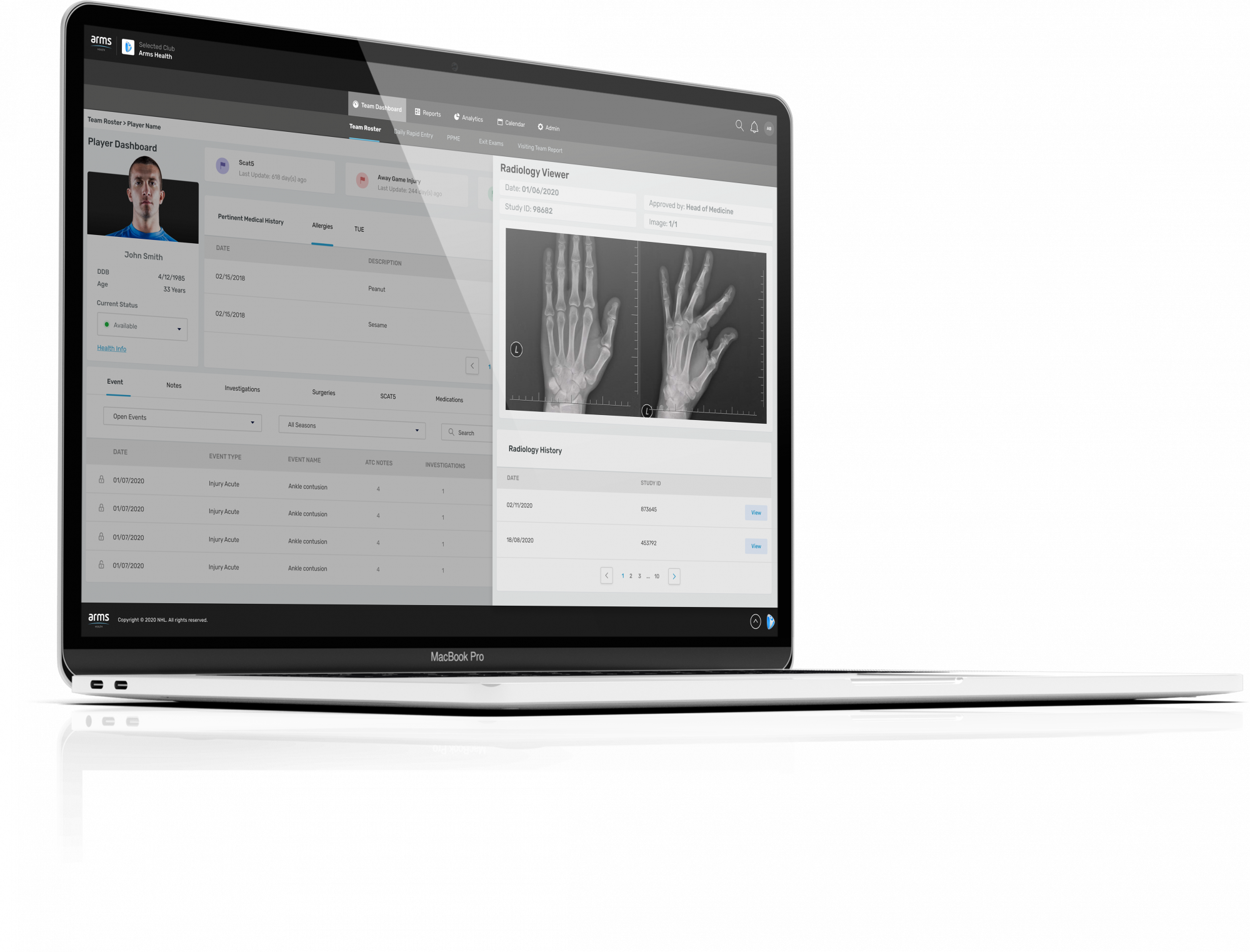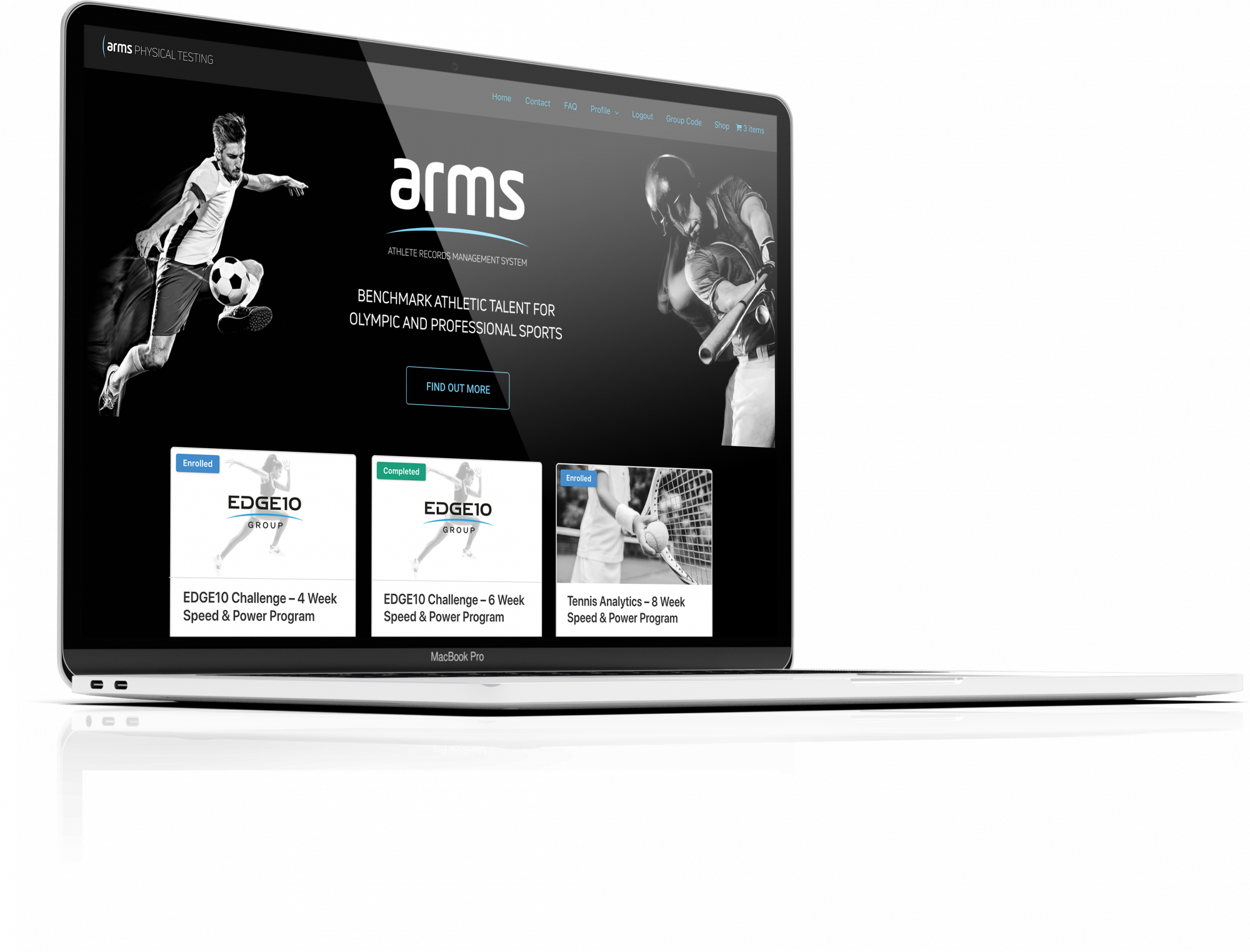In today’s football world, where data drives decisions both on and off the pitch, having a globally recognised Electronic Health Record (EHR) system is no longer a luxury but a necessity.
The financial implications of such a system extend beyond just player health management – they touch on critical areas like player transfers, litigation risks, and even insurance premiums.
Here’s how investing in a standardised EHR platform can unlock significant financial value for football clubs.
1. Maximising Player Transfer Value through Transparency
2023 saw a record €12.24bn spent on football transfer fees worldwide (Source CIES).
And when the cost of football players as assets now starts in the millions, research from the CIES Football Observatory support the notion that the value of players during transfers is heavily influenced by data on their performance and physical condition(Football Observatory).
In short, making mistakes on health and performance is costly.
One of the most immediate and impactful benefits of a global EHR system is the increased transparency it brings to player transfers.
Clubs equipped with a standardised, comprehensive medical record system are better positioned to provide prospective buyers with clear, verifiable health histories.
This reduces uncertainty around a player’s fitness and potential injury risks, which in turn enables clubs to negotiate stronger transfer fees.
By removing ambiguities surrounding a player’s medical history, clubs are more likely to secure the true value of their players, making this transparency a vital component of any transfer strategy.
2. Mitigating Litigation Risks
Another key financial benefit of implementing a robust EHR system is the mitigation of legal risks.
When clubs do not maintain comprehensive health records, they expose themselves to litigation related to player injuries or mismanagement of medical conditions.
In high-stakes football, where the physical well-being of players directly correlates to on-field success, clubs that lack proper documentation are vulnerable to costly legal battles.
A well-maintained EHR system allows clubs to defend themselves with precise, time-stamped records of medical treatments and player health assessments.
In the healthcare industry, accurate EHR documentation has been shown to reduce litigation and even influence malpractice insurance premiums(PLI Consultants).
Football clubs can benefit similarly by having detailed medical records that protect them against claims of negligence, safeguarding both their finances and reputation.
3. Potential to Lower Insurance Premiums
While still speculative, one of the more exciting financial possibilities of adopting a global EHR system is the potential reduction in insurance premiums.
We’ve spoken to major clubs who have already begun discussing how such systems could lower risk in the eyes of insurers.
The logic is simple: a club that can demonstrate fewer injuries, faster recoveries, and improved player health management could be viewed as a lower risk for insurance providers.
Though this benefit remains largely anecdotal, there is optimism that in the near future, clubs using comprehensive EHR systems may be able to negotiate lower premiums which could drive substantial savings over time, adding another layer of financial return on their EHR investment.
Conclusion
The financial benefits of a globally recognized EHR system in football are vast and varied.
From maximising player transfer value to reducing litigation risks and potentially lowering insurance premiums, the impact of such systems is profound.
As football continues to evolve in a data-driven direction, investing in an EHR system is not just about managing player health; it’s about unlocking financial value and ensuring long-term operational success.
Clubs that adopt this technology today will be better equipped to navigate the complexities of modern football tomorrow.





